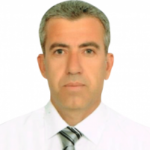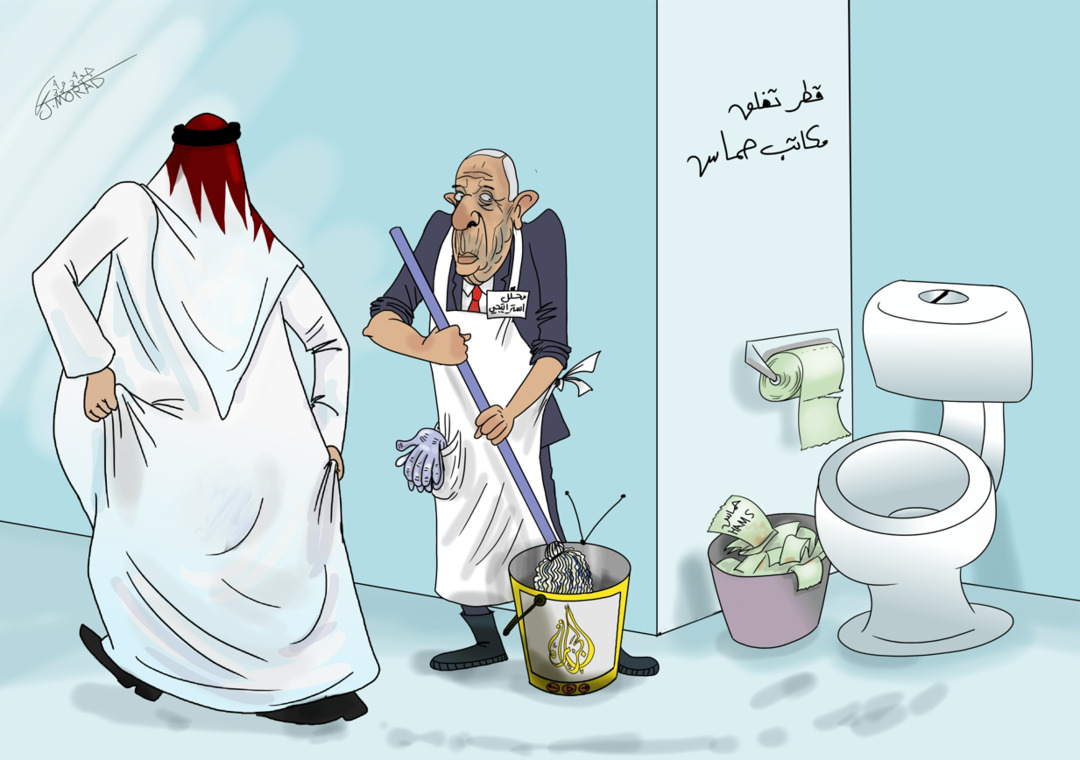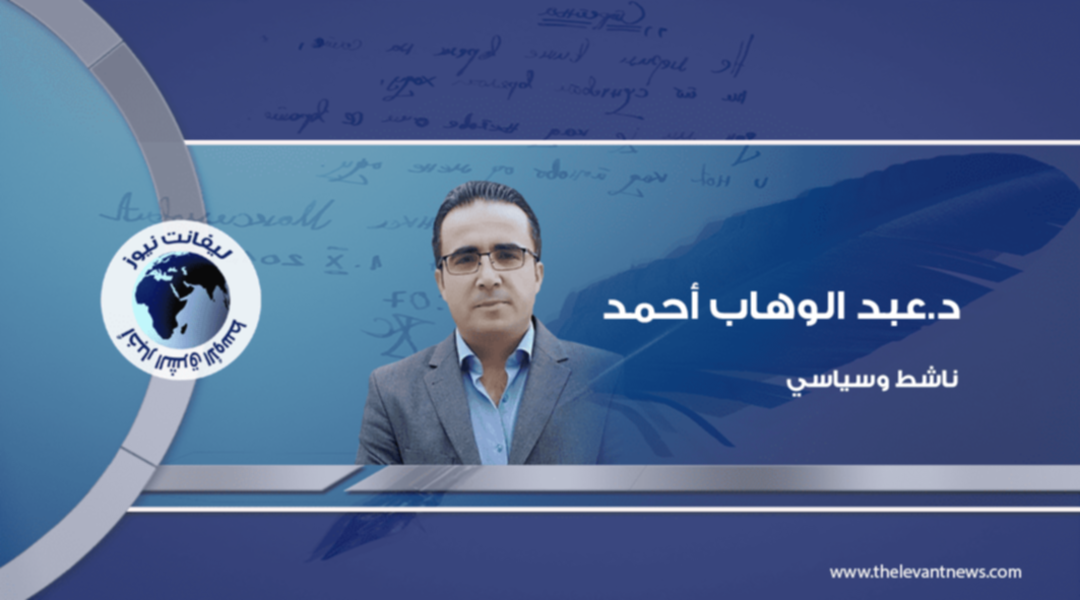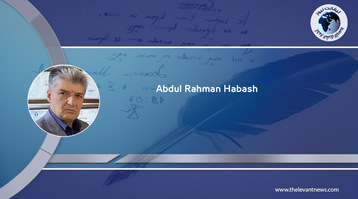-
Russia and the Kurds in Syria

A short time ago, Russia accused the Kurds in Syria, who lead AANES, SDC, and SDF, of adopting separatist inclinations under the patronage of the US. But now Moscow is receiving the same Kurds and discussing with them several important Syrian issues. In order to understand the Russian policy towards the Kurds in Syria, it is necessary to put this policy in its political context, at least since 2015.
Since the Russian military intervention in the Syrian civil war in late 2015, Russian-Kurdish ties in Syria have not been stable. These relationships have oscillated between ambiguity, uncertainty, and loss of trust.
The disparity is very enormous between the Russian agendas in Syria and the Kurdish aspirations in the framework of the new post-2011 Syria. The Russian goal is to protect the Assad regime from collapse and rehabilitate it again in order to find a lasting foothold in the Middle East. While the aim of the Kurds in Syria, regardless of their political affiliation, is to build a democratic federal Syria in which the Kurds, like others, enjoy their rights. This is the primary disagreement, and the rest of the disputes stem from this root.
Russian-Kurdish relations in Syria deteriorated in conjunction with the US support for Kurdish fighters in the city of Kobani during the resistance to the ISIS attack in late 2014. This date marked the beginning of US-Kurdish cooperation in Syria, despite the setbacks it experienced during Trump administration. Since then, Moscow's objective has been to co-opt the Kurds in favour of its policies in Syria and urge them to distance themselves from Washington.
Since Turkey intervened militarily in Syria in 2016, Russia has exploited this point to intimidate the Kurds, who allied themselves with the Americans. Since then, Moscow has mediated between AANES, SDC, and SDF on the one hand, and the Syrian regime on the other hand. The Russian mediation was and still seeks to reach a settlement that would lead to the restoration of the Syrian regime’s control over the entire territory controlled by the US-backed SDF without giving any significant rights to the Kurds. When the Kurds declined to submit to the unfair Russian-Syrian conditions, then Russia wanted to punish the Kurds.
At the beginning of 2018, the Kurdish People’s Protection Units (YPG), which constitute the main pillar of SDF, received the first betrayal from Russia when it allowed Turkey to invade and occupy the Kurdish city of Afrin. But Moscow did not stop blackmailing the Kurds whenever Erdogan's Turkey threatened to launch a new attack against their positions and persuade them to engage in dialogue with the Syrian regime, which according to Russian logic means the unconditional surrender to the Syrian regime. In this context, Moscow benefited from the US treachery of the Kurds when Trump administration permitted Turkey to launch another assault against the Kurds in October 2019.
The new - old Russian call for the Kurds to dialogue with the Syrian regime does not stem from a principled basis with the aim of granting the Kurds their rights, ending the Syrian tragedy, and achieving national reconciliation between the warring parties. Moscow does not invite the Kurds to dialogue with the Assad regime only after they become susceptible to Turkish threats.
Russia does not have a strategy for a solution to the Kurdish issue in Syria, although it sometimes talks about the possibility of granting the Kurds in Syria a similar situation to the Kurds in Iraq. In practice, Moscow supports the Syrian regime in its false dialogue with the Kurds and does not exert any pressure on the Assad regime to make some concessions to the Kurds.
The solution to the Kurdish issue in Syria is part of the issue of democracy in Syria in general, and since Moscow is hostile to the idea of a new, democratic, and pluralistic Syria, it is practically against solving the Kurdish issue in Syria. Moscow is seeking to achieve reconciliation between the Kurds and the Assad regime, along the lines of what has been called ‘national reconciliations’ in several afflicted Syrian cities and towns, which led to the Assad regime re-establishing its influence in those areas and the surrender or displacement of opponents.
Furthermore, to creating a rift between the Kurds and Washington that would gradually lead the Kurds to leave the American alliance in Syria. The Kurds' options are very limited, especially as they are divided and not united. Simply the Kurds are between the Turkish hammer and the Russian-Syrian anvil. Particularly, in the absence of a transparent American strategy regarding the future of Syria and the future of the Kurdish issue and rights.

BY: Jwan Dibo
You May Also Like
Popular Posts
Caricature
Qatar Closes Hamas Office...
- November 11, 2024

Qatar Closes Hamas Offices
opinion
Report
ads
Newsletter
Subscribe to our mailing list to get the new updates!





















